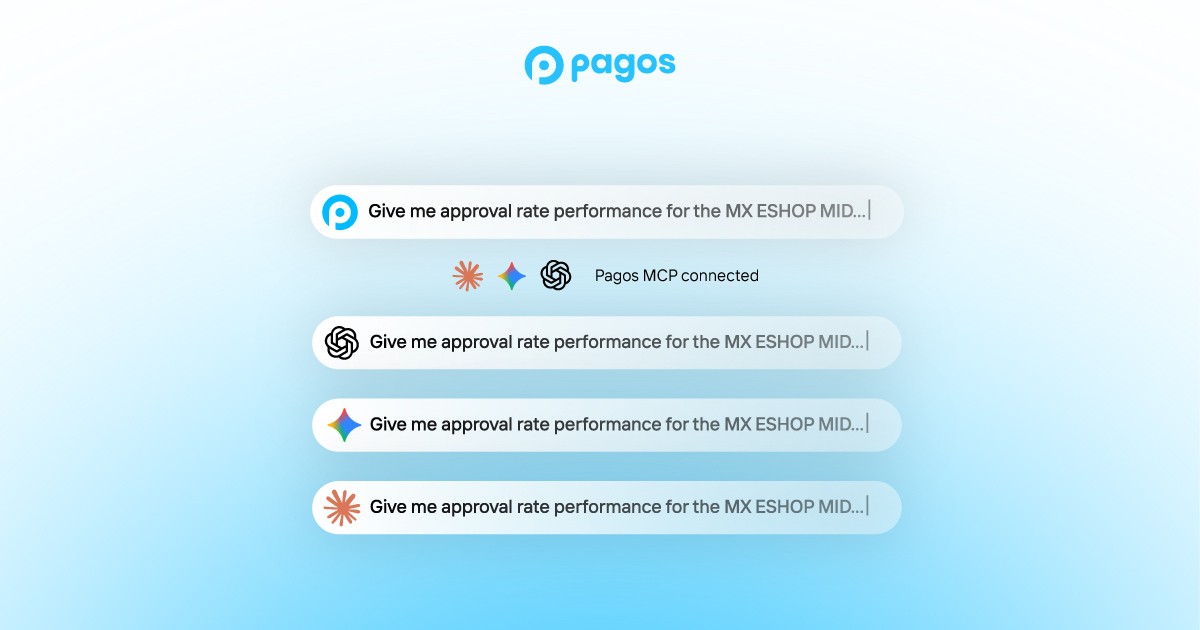Company
When Birders Brainstorm: A Boston 2022 Offsite Recap


As a remote-first company, it’s important for us to always think about and iterate on how we work together. And when we approach such considerations and reassessments, it’s critical that we do so as a team exercise, pulling in feedback from all levels of the company. The alternative, where brainstorming and company planning occurs in silos, rarely turns out so well: top-down-only culture-building efforts often lack the context necessary to address actual versus assumed needs, and bottom-up-only efforts have a tendency to sprawl, eating up precious focused time and energy. We instead need leadership commitment to regular engagements around where we’re headed and how we plan to get there plus teammate commitments to adapting to the needs of our environment as we grow.
With that in mind, we kicked off our latest Pagos offsite in Boston with a brainstorming session on how to improve the ways we’re working remotely. We’d love to know what others are doing to approach this subject, as well!
Setup
The session was meant to be conversational, so it started out with a question: What challenges are you experiencing working remotely at Pagos? (If you’re new, what experiences have you had at past employers?
People had five minutes to write their thoughts down on post-it notes, which they then stuck to a communal whiteboard. In doing so, everyone took the time to browse what others put on the whiteboard, placing their own alongside similar topics. We then read through them and discussed anything that needed more explanation.
After that, we asked a second question: What are some ways you and/or we could improve together on those challenges? Everyone then went through the same process as for question one. The expected outcomes were to:
Generate ideas together based on the shared context we built
Commit to actions both as individuals in specific roles and as teams to enact the change we want to see in our workplace

Results
The themes in challenges we shared centered around needs for greater:
Alignment
Collaboration, especially across multiple time zones
Establishment of norms for:
Cross-company communication
Expectations / Priorities
Connecting with colleagues
Managing meetings (and productivity)
Workload balancing
The proposed solutions for addressing these challenges and improving our remote work experience were clustered into themes. The top three were availability, communication, and connection. Example ideas include:
Going mobile more often (ex: go on a walk during a discussion where you don’t need to see each others’ screens)
Bifurcating specified workdays to allow for better spanning of time zones
Alternating when some meeting happen to accommodate time zones
Creating forums for demoing apps, concepts, and ideas asynchronously as well as in-person (e.g. lunch and learn sessions)
Establishing norms, such as:
When complicated and/or important topics arise, moving discussion to a call or huddle and be willing to go outside normal working hours to make it work
Creating shared calendars for office hours and demos
Creating custom statuses in Slack to represent different working/off states
Using templates to express and communicate in more standard ways
Recording meetings and/or sharing notes to combat time zone silos
Having different teams share out during town halls
No one solution fits all. We’re discussing which of the ideas in what combinations will work best for us and we’ll likely do trial runs of some of them before making long-term commitments.
Join the Flock!
We would love to hear what you’re experiencing and what you’ve done to improve the quality of work in your businesses, too. And if you have great ideas on how to be effective at remote work—especially around communication and collaboration—come join us!
By submitting, you are providing your consent for future communication in accordance with the Pagos Privacy Policy.



